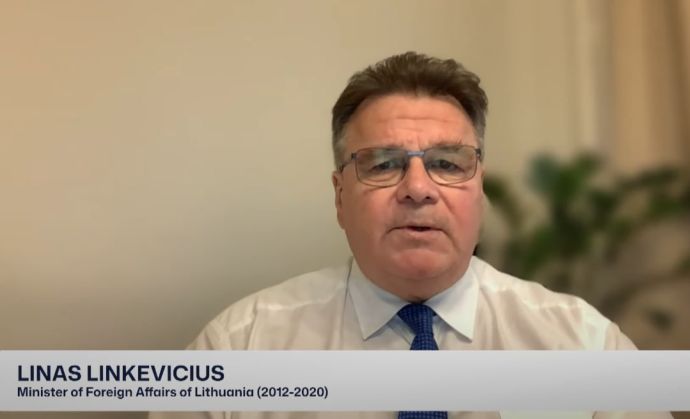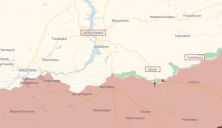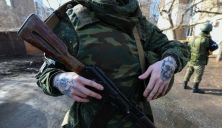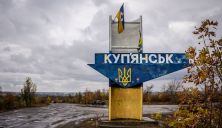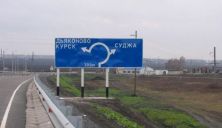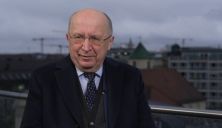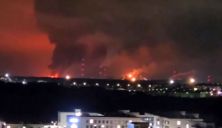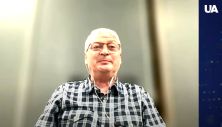Is NATO looking for consensus or just being weak? What is the role of Ukraine to NATO? Is NATO ready to accept Ukraine as its member? Linas Linkevicius, Lithuanian ex Ministry of Foreign Affairs Head answers questions in this interview.
— Is NATO too weak to accept Ukraine? Do you think NATO is too cautious?
— You have to understand that decisions in NATO are made by consensus, meaning we need the agreement of all members. It’s not an easy task, but we must engage major players, starting with the United States, which, as you might recall, hasn’t been terribly enthusiastic about Ukraine’s membership. There’s still a lot of work to be done, but it’s crucial that Ukraine continues on this path. Membership is the only option that offers real guarantees—alternatives don’t provide that. But, of course, it’s ultimately up to the Ukrainians to decide.
— So, you’re saying this isn’t about NATO’s weakness but about reaching consensus, correct?
— Exactly. NATO is a sophisticated body, and decisions are made by consensus, which explains much of the situation. When we discuss what NATO can or cannot do in terms of support, it’s important to remember that it’s up to individual nations to provide military assistance. NATO, as an organization, can’t do much on its own. So, managing expectations about NATO is key.
— Speaking of expectations, what are your thoughts on the upcoming Ramstein meeting and Putin’s actions as a dictator?
— Ramstein is a format for making decisions, but expectations should be realistic. The upcoming summit has been postponed, which is unfortunate because time is critical. By that time, we need to speed up decision-making—lifting sanctions, removing red lines, allowing Ukraine to use long-range weapons like Storm Shadow and SCALP systems, and speeding up the delivery of F-16s. Time is ticking, and we need decisions.
— There has been talk about a potential ceasefire. Do you think this would help, or would it just allow Russia to regroup?
— If there were a ceasefire tomorrow, Russia would undoubtedly use the pause to rearm. Would the West help Ukraine rearm during that time? Likely not.
International institutions tend to return to expressing concerns without doing much else. So, I’m not enthusiastic about a ceasefire unless Ukraine is in a stronger position than it is now. This is why continued weapons supply is crucial.
— Regarding long-range weapons, why does Ukraine need permission from other countries, like the U.S., to use them?
— There are rules—when you receive weapons from another country, an end-user certificate is involved, and permission is often required for their use. The U.S. has a say not only with their weapons but also with systems like Storm Shadow or SCALP. Even fighter jets like the Gripen from Sweden involve U.S. components, requiring their consent. The decision-making process is slow, but we hope to see progress by the next meeting of defense ministers.

